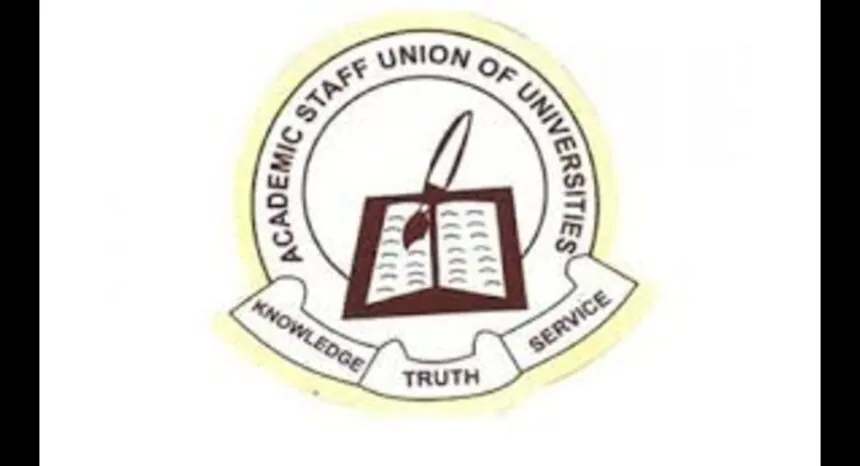In a firm, no-nonsense tone during a press briefing in Calabar on Tuesday, the University of Calabar chapter of the Academic Staff Union of Universities (ASUU) announced that the union stands fully prepared for what it calls the “mother of all strikes”—a show of resolve that authorities say will only be called to action following the national body’s upcoming August 28 meeting. This bold declaration stems from lingering, unfulfilled demands tied to the 2009 agreement reached with the Federal Government, an agreement ASUU insists remains largely unimplemented despite years of advocacy
Dr. Peter Ubi, the chapter’s chairman, urged the Federal Government to swiftly fulfill its obligations under the long-standing agreement, which ASUU believes remains fundamental to lifting the quality of tertiary education in Nigeria. Among the union’s core demands are a comprehensive renegotiation of the 2009 accord, sustainable and increased funding for universities across the nation, and a robust revitalisation strategy for ageing institutions. Additionally, the union pressed for the payment of outstanding wage awards, ranging between 25 and 35 percent, three months of unpaid salaries, long-overdue promotion arrears spanning four years, and the remittance of third-party deductions that have yet to reach owed parties
Ubi lamented the government’s persistent silence and inaction, saying: “The government made promises on these issues, and regrettably, we are here today to inform the Nigerian public that these undisputed issues have not been resolved for several years now.” He emphasised that ASUU has exhausted every channel, from negotiations to social engagement, to resolve the impasse, but government inattention has left the union with no choice but to consider industrial action to secure adherence to promises
Further, in a plea that blends concern with strategic foresight, the UNICAL chapter welcomed the recent freeze on the establishment of new federal universities, noting the Federal Government’s moratorium on new tertiary institutions, polytechnics, and colleges of education, part of its effort to curb unchecked proliferation of universities that may undermine academic standards. Yet, the union called for the moratorium to extend to the private sector as well, pointing out that Nigeria now hosts about 339 universities, federal and private combined, posing a serious risk to quality if oversight remains lax
This blend of authoritative voice and embedded detail ensures the narrative remains informative, balanced, and reflective of the union’s strong yet reasoned position on the unresolved issues affecting Nigeria’s university system.
